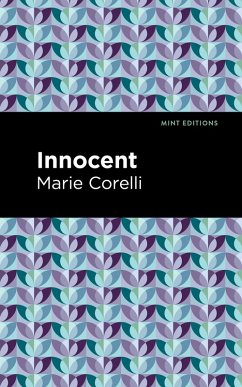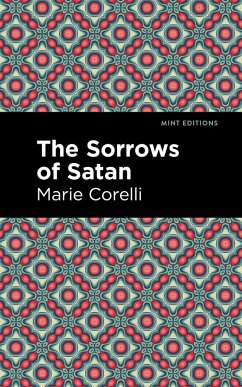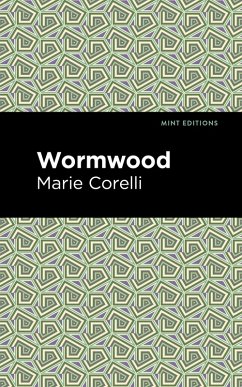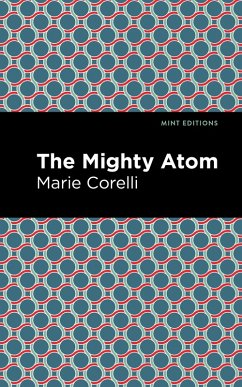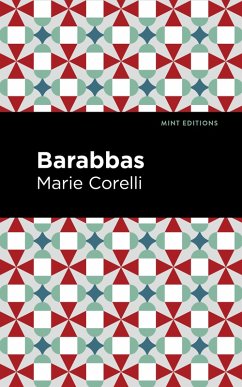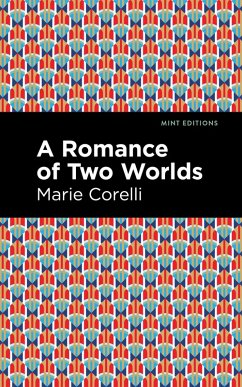
Ardath (eBook, ePUB)
The Story of a Dead Self

PAYBACK Punkte
3 °P sammeln!
Ardath: The Story of a Dead Self (1889) is a science fiction novel by Marie Corelli. Published at the beginning of Corelli's career as one of the most successful writers of her generation, the novel combines fantasy and science fiction to tell a story of discovery and creation set in a world forgotten for 7,000 years. Due for reassessment by a modern audience, Ardath: The Story of a Dead Self is a must read for fans of early science fiction. Theos Alwyn is a poet whose dreams of success and fame have faltered from a lack of creative energy. Desperate to regain contact with the Muse, Alwyn trav...
Ardath: The Story of a Dead Self (1889) is a science fiction novel by Marie Corelli. Published at the beginning of Corelli's career as one of the most successful writers of her generation, the novel combines fantasy and science fiction to tell a story of discovery and creation set in a world forgotten for 7,000 years. Due for reassessment by a modern audience, Ardath: The Story of a Dead Self is a must read for fans of early science fiction. Theos Alwyn is a poet whose dreams of success and fame have faltered from a lack of creative energy. Desperate to regain contact with the Muse, Alwyn travels to an ancient monastery in the Caucasus Mountains, where a legendary monk named Heliobas resides. Looking for guidance through an out-of-body-experience, Alwyn gains Heliobas' trust and receives a powerful vision. Following the advice of an Angel, he journeys to the field of Ardath with a newly reinforced faith. He falls asleep only to wake at the gates of the city of Al-Kyris, where he befriends the poet Sah-Luma, with whom he senses a strange connection. Slowly, events unfold that make him question the nature of his reality. Is he Theos Alwyn the Victorian poet, or is he Sah-Luma, an artist and mystic who died nearly 7,000 years before? When he returns to the present, he discovers a life of fame and success he struggles to recognize as his own, and sets out on one last journey of self-discovery. This edition of Marie Corelli's Ardath: The Story of a Dead Self is a classic work of English science fiction reimagined for modern readers.
Since our inception in 2020, Mint Editions has kept sustainability and innovation at the forefront of our mission. Each and every Mint Edition title gets a fresh, professionally typeset manuscript and a dazzling new cover, all while maintaining the integrity of the original book.
With thousands of titles in our collection, we aim to spotlight diverse public domain works to help them find modern audiences. Mint Editions celebrates a breadth of literary works, curated from both canonical and overlooked classics from writers around the globe.
Since our inception in 2020, Mint Editions has kept sustainability and innovation at the forefront of our mission. Each and every Mint Edition title gets a fresh, professionally typeset manuscript and a dazzling new cover, all while maintaining the integrity of the original book.
With thousands of titles in our collection, we aim to spotlight diverse public domain works to help them find modern audiences. Mint Editions celebrates a breadth of literary works, curated from both canonical and overlooked classics from writers around the globe.
Dieser Download kann aus rechtlichen Gründen nur mit Rechnungsadresse in A, D ausgeliefert werden.




